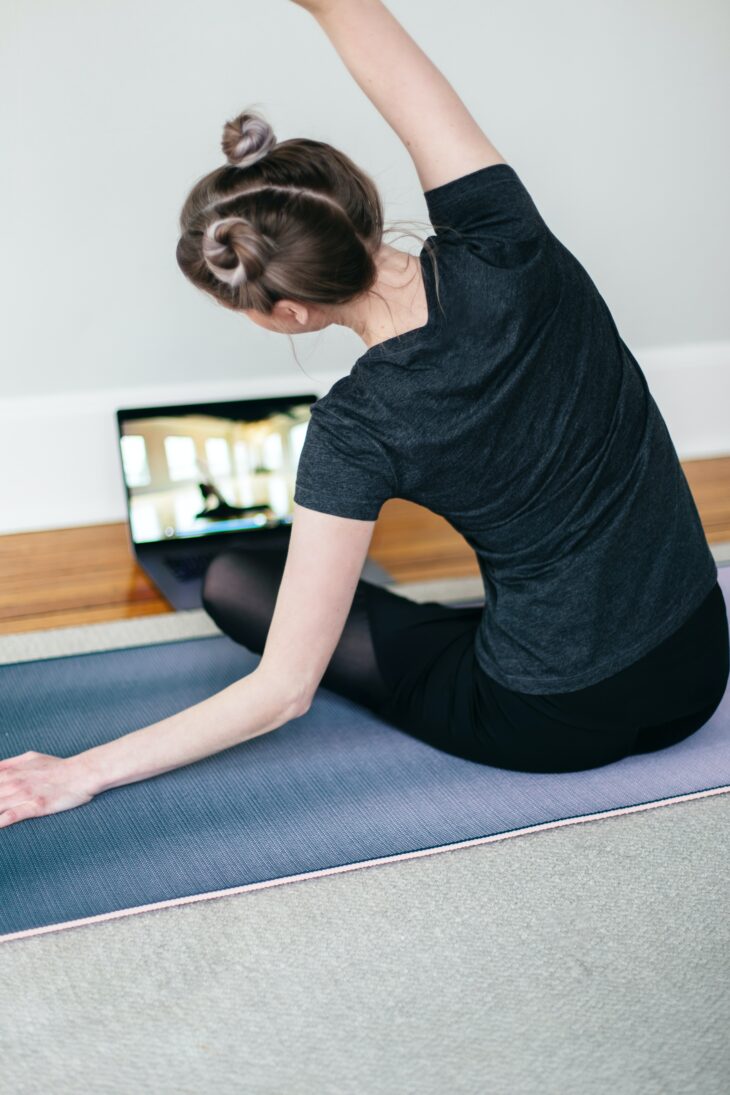Yoga is a form of exercise that involves a series of postures or poses designed to improve flexibility, strength, balance, and body awareness. In 2017, nearly 15% of Americans reported practicing yoga at least once in the past year, and online yoga has skyrocketed in popularity since the pandemic. Meditation, breath control, and mindfulness are also common aspects of yoga, so many people use it to manage stress.
Yoga originated as a spiritual practice in ancient India, but has grown to encompass many different styles in the western world. Yoga styles differ by their pace, difficulty and duration of poses, and the types of transitions between them. For example, Hatha yoga typically involves a slower-paced practice focusing on beginner postures and breathing, while Ashtanga yoga is a more rapid, flow-based practice that follows a specific sequence of rigorous poses.
Scientists think the physical and psychological benefits of yoga might differ by style, based on a pilot study comparing people who did Hatha and Ashtanga yoga. Other scientists have tracked health benefits in young adults who practiced a common series of yoga poses called sun salutations. But researchers performed most of these studies in labs or studios, and failed to report how intense the yoga programs were.
Scientists from the University of Illinois recently conducted a clinical trial to determine the mental health benefits of a fully remote, moderate-intensity yoga program. They chose 86 adults, with an average age of 41, who all worked full-time jobs and had symptoms of stress. About 60% of the people in the trial were white, and more than 80% were women. None of them had an active lifestyle or previous experience with yoga when they started the trial.
The team randomly assigned each participant to either a yoga group or a control group. They asked people in the control group to avoid yoga or any new physical activity for the duration of the trial. People in the yoga group participated in three 50-minute yoga classes per week for 8 weeks.
They did the first few weeks of classes live on Zoom with a certified yoga instructor. For the rest of the trial, the group followed pre-recorded classes in a self-guided sequence. The yoga sequences changed every week, but always included around 40 minutes of variations on sun salutations followed by 5 minutes of breathing and 5 minutes of guided meditation.
The scientists tracked each participant’s physical activity with a Fitbit, and remotely assessed their mental health at the half-way point and at the end of the trial. They assessed how much fun people were having using a Physical Activity Enjoyment Scale, and determined their stress and anxiety levels using several self-reporting questionnaires. Finally, they used various cognitive tests to assess participants’ brain functions, including their reaction speed, adaptability to change, and working memory.
The scientists found about 80% of people in the yoga group attended the classes regularly. All of them enjoyed the experience, but more than half sometimes found it to be a burden, due to clashes with other responsibilities.
The team performed statistical analyses on the cognitive data, and found people in the yoga group had less stress and anxiety, as in previous studies. They suggested lower stress levels could be due to the enhanced mindfulness associated with yoga, since some researchers have linked internal awareness with reduced stress.
The scientists also found people in the yoga group had better working memories than people in the control group. They attributed this improvement to the dynamic sequence of postures the yoga group had to learn each week, which could help boost their short-term memories.
In contrast, both groups of participants had about the same reaction times and mental adaptability. The team explained this result conflicted with cognitive improvements seen in some studies of yoga in adults over 60 and other studies of low-intensity yoga. They suggested this difference could reflect the younger age of the participants, the differential effects of low- versus moderate-intensity yoga, or the fact their program was conducted fully at home rather than in a lab, like studies before.
The researchers concluded a moderate-intensity fully-remote yoga practice can successfully reduce stress and boost memory. However, they cautioned their study was limited by the lack of diversity in participants, and by the absence of any physically active control group for comparison. They suggested future workers should remedy these experimental issues, plus explore the impact of mindfulness on memory and other areas of brain activity.


